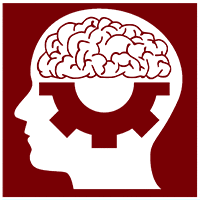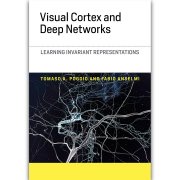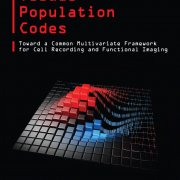LH - Books
This interactive online textbook explores the probabilistic approach to cognitive science, which models learning and reasoning as inference in complex probabilistic models. The authors examine how a broad range of empirical phenomena, including intuitive physics, concept learning, causal reasoning, social cognition, and language understanding, can be modeled using a functional probabilistic programming language called WebPPL.
This book introduces the neuroscientific study of neuronal computations in visual cortex alongside of the psychological understanding of visual cognition and the burgeoning field of biologically-inspired artificial intelligence. Topics include the neurophysiological investigation of visual cortex, visual illusions, visual disorders, deep convolutional neural networks, machine learning, and generative adversarial networks among others.
This edited collection presents foundational studies of the activities of spiking neurons in the awake and behaving human brain and the insights they yield about cognitive and clinical phenomena.
The authors propose a theory based on the hypothesis that the main computational goal of the ventral stream is to compute neural representations of images that are invariant to transformations commonly encountered in the visual environment and are learned from unsupervised experience. They describe a general theoretical framework of a computational theory of invariance (with details and proofs offered in appendixes) and then review the application of the theory to the feedforward path of the ventral stream in the primate visual cortex.
This edited collection examines how visual content is represented in neuronal population codes and how to analyze such codes with multivariate techniques.
In the words of the author, “I’m fascinated by AI and the future of life. There’s been much talk about AI disrupting the job market and enabling new weapons, but very few scientists talk seriously about the elephant in the room: what will happen once machines outsmart us at all tasks? That’s why I wrote this book, to help you join the most important conversation of our time.”






